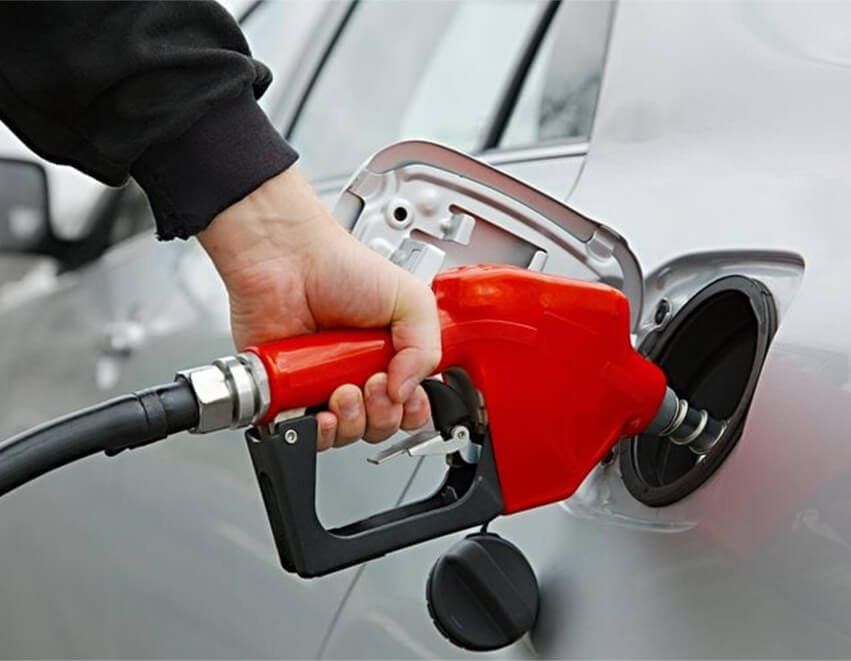Whether you’re managing a marine vessel or overseeing industrial processes, accurate measurement of fuel consumption is essential for efficiency, cost-effectiveness, and environmental sustainability. But how do you select the right fuel flow meter to make this happen? In this article, we will dive into the importance of fuel flow meters, with a particular focus on […]
Whether you’re managing a marine vessel or overseeing industrial processes, accurate measurement of fuel consumption is essential for efficiency, cost-effectiveness, and environmental sustainability.
But how do you select the right fuel flow meter to make this happen?
In this article, we will dive into the importance of fuel flow meters, with a particular focus on the marine sector, and explore key considerations for choosing the most suitable equipment for your application.
Fuel flow meters play a big role in monitoring and regulating the rate at which fuel is consumed in engines or other combustion systems. They provide real-time data, enabling operators to optimize fuel efficiency, track consumption patterns, and identify potential issues such as leaks or irregularities.
In the marine industry, where efficiency and reliability are crucial, the choice of a fuel flow meter is particularly important.
Marine operations demand precise measurements to ensure optimal fuel management. Choose a fuel flow meter with high accuracy, typically expressed as a percentage of the actual flow rate. Look for models that maintain accuracy across a broad range of flow rates to accommodate various operating conditions.
Different vessels may use a variety of fuels, including diesel, gasoline, or biodiesel. Make sure that the fuel flow meter you select is compatible with the specific type of fuel used in your marine application. Some advanced models can handle a range of fuel types, providing versatility for diverse fleets.
Assess the flow range and capacity of the fuel flow meter to ensure it can handle the expected fuel consumption rates of your marine vessel. Consider both minimum and maximum flow rates, as well as the turndown ratio, which indicates the meter’s ability to accurately measure a wide range of flow rates.
The harsh marine environment requires fuel flow meters built to withstand corrosive elements, extreme temperatures, and vibrations. Opt for meters constructed from robust materials such as stainless steel or corrosion-resistant alloys. Additionally, look for meters with certifications that attest to their durability and performance in marine conditions.
Advanced fuel flow meters offer features like data logging and connectivity options. Data logging capabilities allow for historical analysis of fuel consumption trends, while connectivity features enable integration with onboard systems for streamlined monitoring and control.
Choose a fuel flow meter that is easy to install and maintain. Consider models with user-friendly interfaces and clear installation instructions. Additionally, prioritize meters with minimal maintenance requirements to reduce downtime and operational disruptions.
Selecting the right fuel flow meter is a critical decision that directly impacts the efficiency, cost-effectiveness, and environmental footprint of marine operations.
If you want to invest in a high-quality fuel flow meter to ensure reliable fuel management and successful marine operations, visit our website or get in touch with us.




